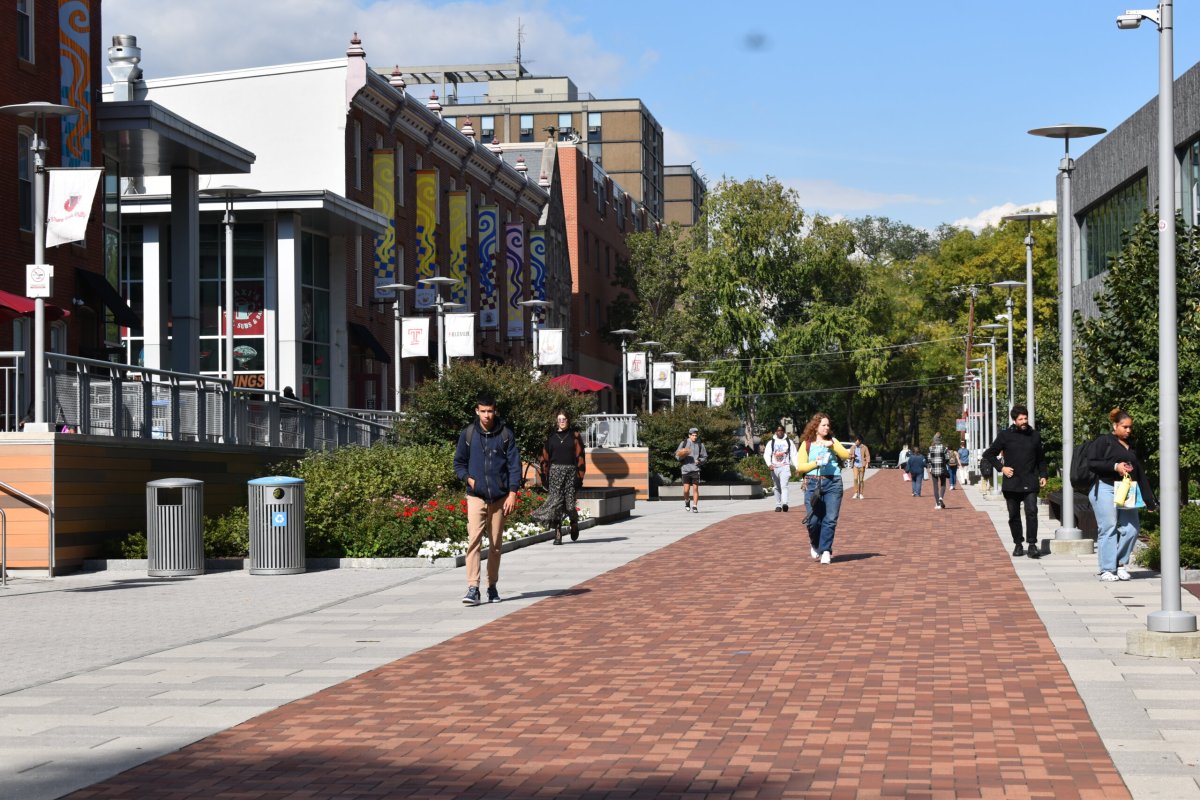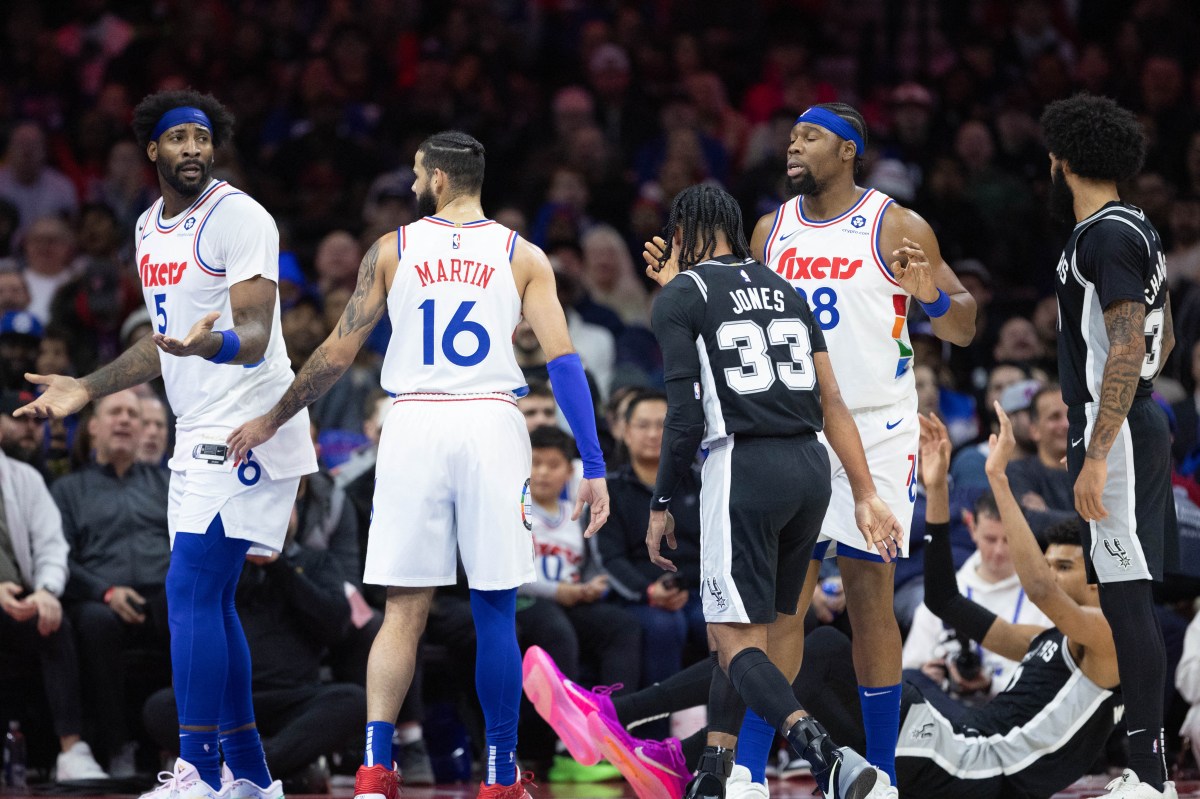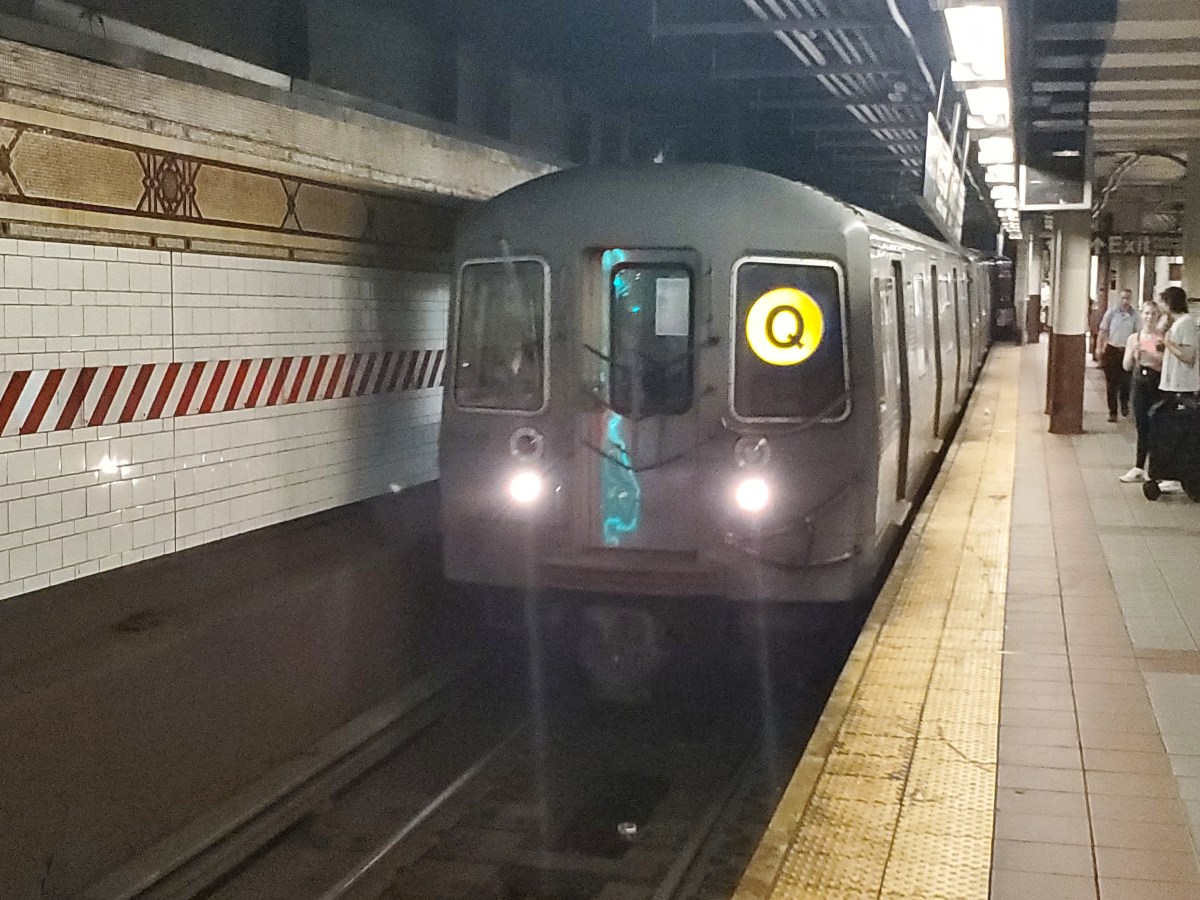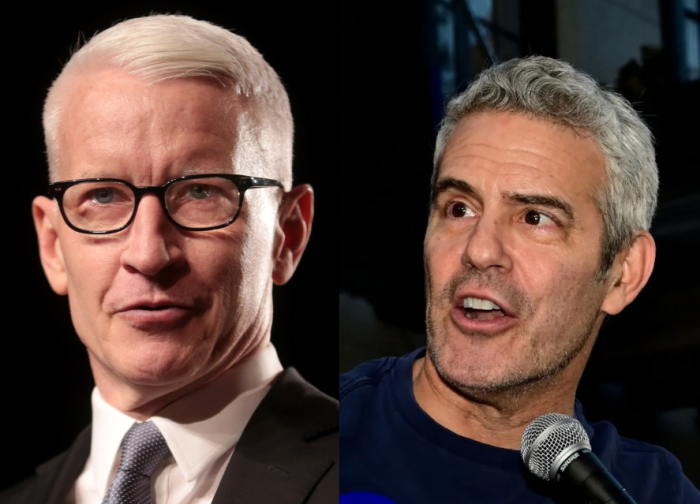Children have always been fed that age-old tagline that if they work hard enough in school that they can do anything they want in life. But even kids know that this isn’t always the case. There are certain obstacles that are just unavoidable for those who are not born into privilege. The truth is: the cards are stacked against children born into racial inequality and low-income households when it comes to getting into and receiving assistance from some of the country’s best schools. Educator and author, Linda F. Nathan witnessed this first hand during her time as co-headmaster of the Boston Arts Academy (BAA). In her new book “When Grit Isn’t Enough: A High School Principal Examines How Poverty and Inequality Thwart the College-for-All Promise”, Nathan is out to disprove many of the affirming myths that are told to children and to speak bluntly about some of the of the harsh realities of the disparity of race and class in our society.
“I was really trying to take on this idea that we think that success is individually determined,” says Nathan, “but we don’t think enough about structural inequality, racism, poverty and all of the reasons why your children may not be schooled.” In researching the book, Nathan interviewed over 90 BAA alumni to learn what roadblocks they encountered after graduating and was equally blown away and heartbroken by the data that she received. It led her to split her book into five chapters devoted to the most popular myths she encountered in her conversations. Those myths are “Money doesn’t have to be an obstacle”, “Race doesn’t matter”, “Just work harder”, “Everyone can go to college”, and “If you believe, your dreams will come true”.
She found that the majority of her students who were not given as many advantages as the top percent were either not accepted or given the necessary financial assistance from colleges and universities despite their capabilities. “Colleges for the most part, while many of them say ‘we want you we want you’ many of those colleges really don’t,” she says, “they don’t give them enough money to attend and when they get there, there is very little support for a lot of kids.” She explains that colleges keep a more stringent acceptance policy and in turn do not have the same standard for producing capable members of society. “We hold public school educators accountable for their outcome, I think colleges should be held accountable to. Not that they’re not, but I’ve heard too many stories that have left me cold.”
Nathan believes that high schools should be offering meaningful and realistic ways to enter the middle class such as apprenticeship programs or hands-on technical training. “In this country, the way that it is rigged,” she explains, “is everyone needs something after high school. A high school degree doesn't cut it anymore.” For the book’s release, Nathan will be bringing this message to the people on a speaking tour that will kick off in her stomping ground at Emerson College on October 17th. “Our whole democracy is at stake here,” she says, “I don't want to part of a world where the only way you can get ahead because of your skin color or the social class you were born into.”






















